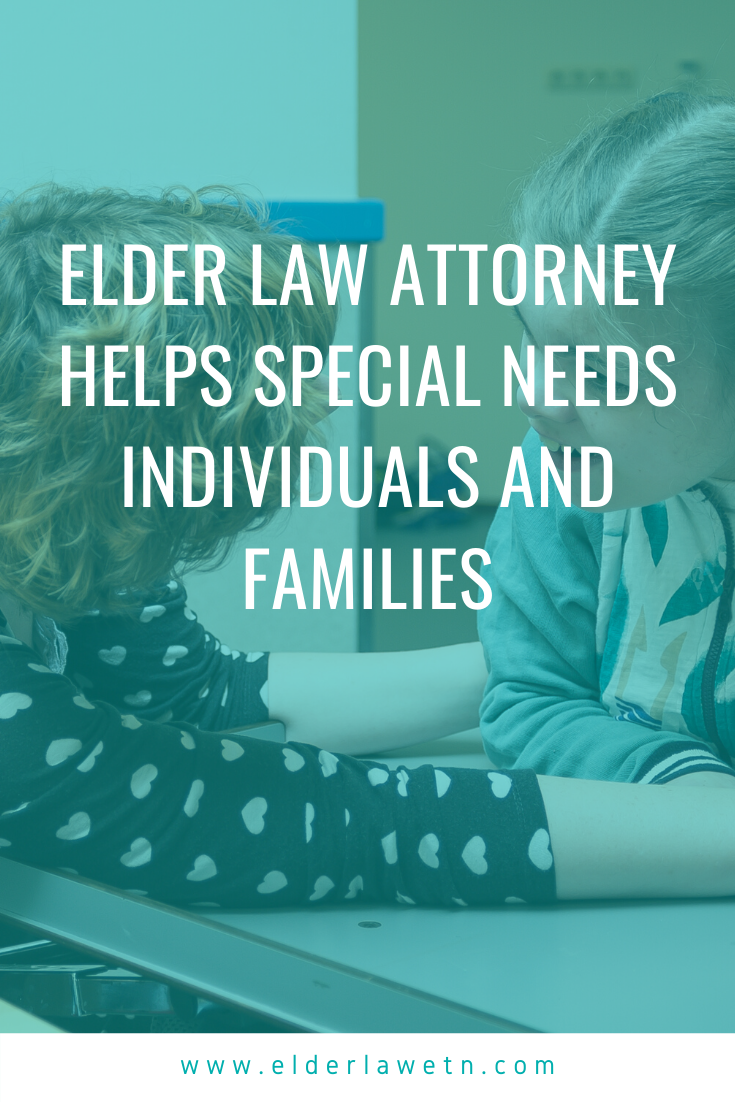The term “elder law” is not intuitively associated with planning for special needs. Often individuals with special needs and caregiving family members are far from “elderly.” So why should an individual with special needs or the parents or guardians of that person seek help from an elder law attorney?
Elder law is a practice area that promotes legal and financial planning with an eye to the long-term care needs of elders and people with disabilities of all ages. Even though these two populations have very different needs, they share some general similarities: both are likely to have long-term care needs that differ from the needs of young people without disabilities; both may need support services to enable normal activities of daily living; and for both groups, the long-term cost of these support services can be staggering.
That is where the elder law attorney comes in. He or she offers the individual and family guidance about how to gain access to resources that can help pay for daily living and care needs. The elder law attorney identifies public resources that the family might use to supplement private funds and ensure that the person with special needs enjoys the greatest possible independence and quality of life. And the elder law attorney advises the family about how to protect those public benefits in case the person with special needs receives an inheritance of settlement that might, without proper planning, cause the person to lose vital benefits.
Another way in which an elder law attorney assists special needs families is by helping parents, grandparents, or other loved ones determine how to structure their assets to provide for their own long-term care needs while also taking care of their loved one with disability. The elder law attorney assesses the family member’s resources, evaluates whether or not they might gain eligibility for benefits to cover their own progressing care needs, and determines if excess resources can be transferred to the person with special needs to provide for their care while also enabling the elder to get the benefits they need.

Finally, an elder law attorney helps families to make important choices about who will provide care or take on decision-making power for a person who is not able to make those decisions for him or herself. This includes naming spouses or younger family members to act as decision-makers for elders who become incapacitated, but it may also involve setting up the legal framework to allow a sibling, cousin, or close family friend to take on a guardianship role for the person with disability when the original caregivers, such as parents, become unable to serve in that role. The elder law attorney counsels the family through these difficult discussions and helps the family develop a contingency plan that can be implemented as soon as the need arises. With such a plan in place, the family can rest easy knowing that their loved one with disability will receive uninterrupted care.
Comprehensive, coordinated planning helps to maximize family resources and ensure that everyone – elders, children or spouses with disabilities, and siblings without disabilities – gets the care they need and is not left in a bind without funds or support. Consulting a qualified elder law attorney as early as possible is the best way to ensure that a solid long-term plan is in place to provide for the whole family.

